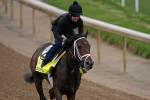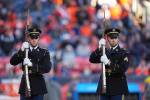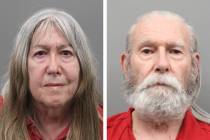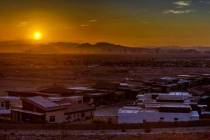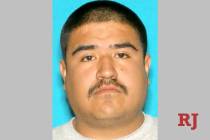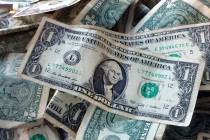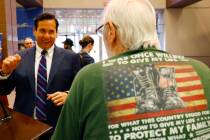Nevada court rules tax on strip clubs legal
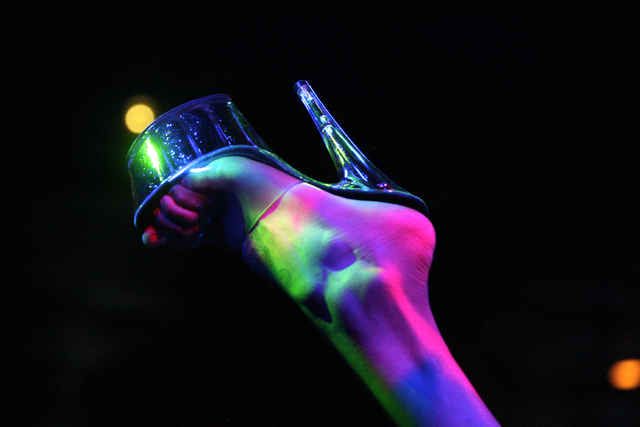
Strip clubs are not unfairly targeted under Nevada’s live entertainment tax, the state’s high court ruled Thursday.
A group of eight strip clubs had argued this year that clubs should not have to charge patrons 10 percent on an admission fee because exotic dancing should be considered free expression, a First Amendment-protected activity.
Though the court rejected that argument in the unanimous decision, the seven justices “recognize the degree of protection afforded to erotic dance under the First Amendment is uncertain.”
The strip clubs had asked the Nevada Supreme Court to throw out the tax, saying it unfairly singles out the adult industry.
The court disagreed.
“It cannot be said that whether a live-entertainment provider is subject to NLET depends exclusively or even primarily on the content of the entertainment being provided,” Justice Michael Douglas wrote, with the other six justices concurring.
The tax is estimated to net $130 million a year. There are 30 strip clubs in Las Vegas and 12,000 dancers registered with the Metropolitan Police Department, according to a 2012 UNLV study.
In 2003, the tax already in place at casinos was broadened to cover any venue with live entertainment. Two years later, an amendment extended the tax to cover places with a capacity of 200, which drew the strip clubs’ challenge.
The state legislature added exemptions to the tax, including NASCAR events and minor league baseball games. In their appeal, lawyers for the strip clubs argued that tax exemptions were based on family-oriented and adult-oriented messages.
The court responded simply: “This assertion lacks merit. Many facilities providing what appellants would classify as family-oriented entertainment,” such as circuses, concerts and fashion shows, are subject to the entertainment tax. “Additionally, multiple facilities furnishing adult-oriented live entertainment, such as boxing and charity events, are exempted. … We conclude that the statute does not discriminate based on the content of taxpayer speech.”
In 2006, the clubs mounted challenges in both federal and state courts. In 2011, Clark County District Judge Elizabeth Gonzalez dismissed the case, setting the stage for an appeal to the high court.
A lawyer for the strip clubs had argued that clubs, including those not part of the suit, paid about 90 percent of the taxes.
The state’s Department of Taxation defended the tax as not targeting the entertainment itself, only the admission price.
The attorney general’s office argued that the Taxation Department collects only about 7 percent of the entertainment tax, with the rest falling under the Nevada Gaming Control Board. Strip clubs accounted for roughly 3 percent of the tax receipts.
“Despite its misnomer, NLET does not actually tax live entertainment,” Douglas wrote. “Instead, it imposes an excise tax on business transactions which neither inhibits nor burdens the expressive conduct occurring at live-entertainment facilities.”
In a parallel decision, the state Supreme Court ruled that Gonzalez was right to not award the clubs refunds of the taxes they had already paid.
Lawyers for the strip clubs could not be reached for comment Thursday.
Contact reporter David Ferrara at dferrara@reviewjournal.com or 702-380-1039. Find him on Twitter: @randompoker.




